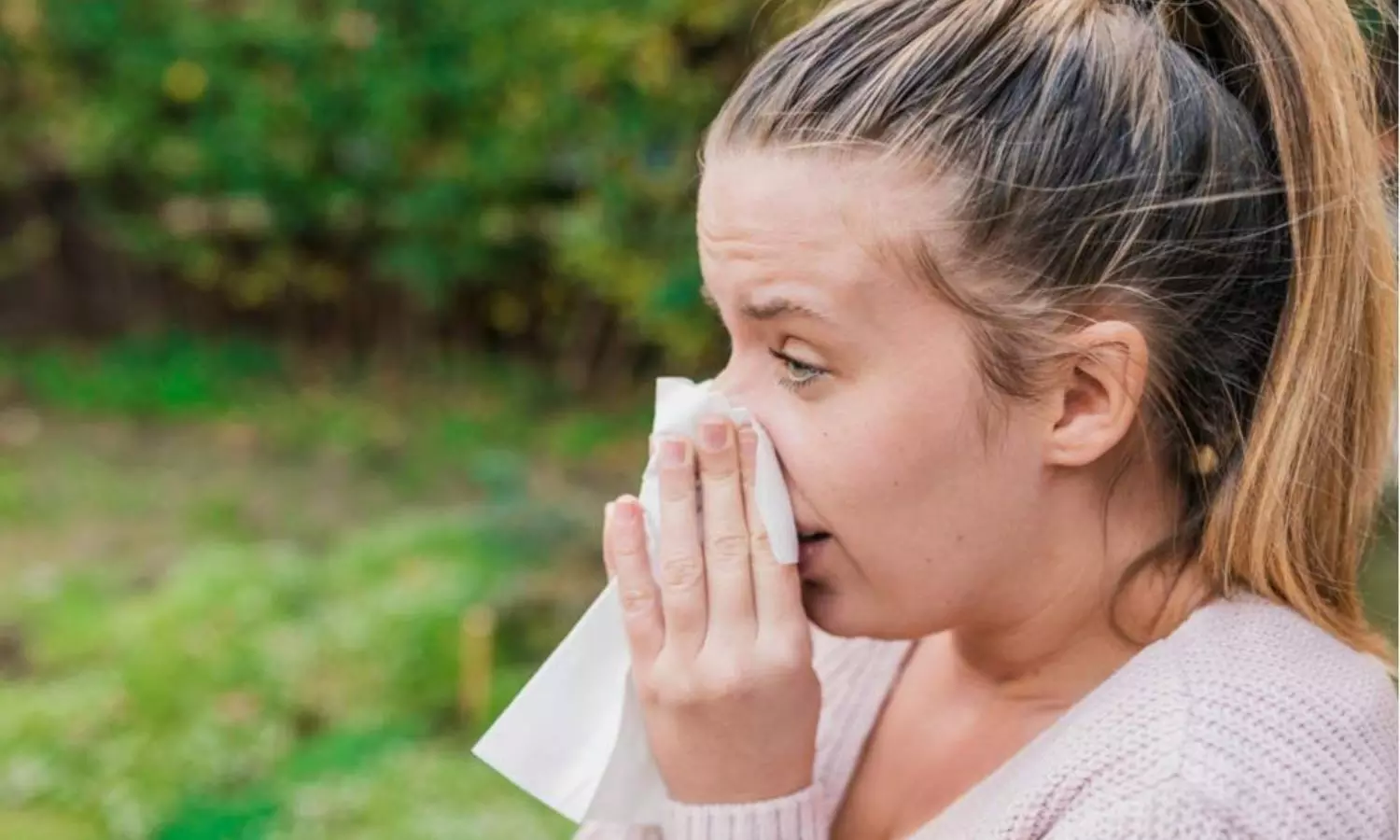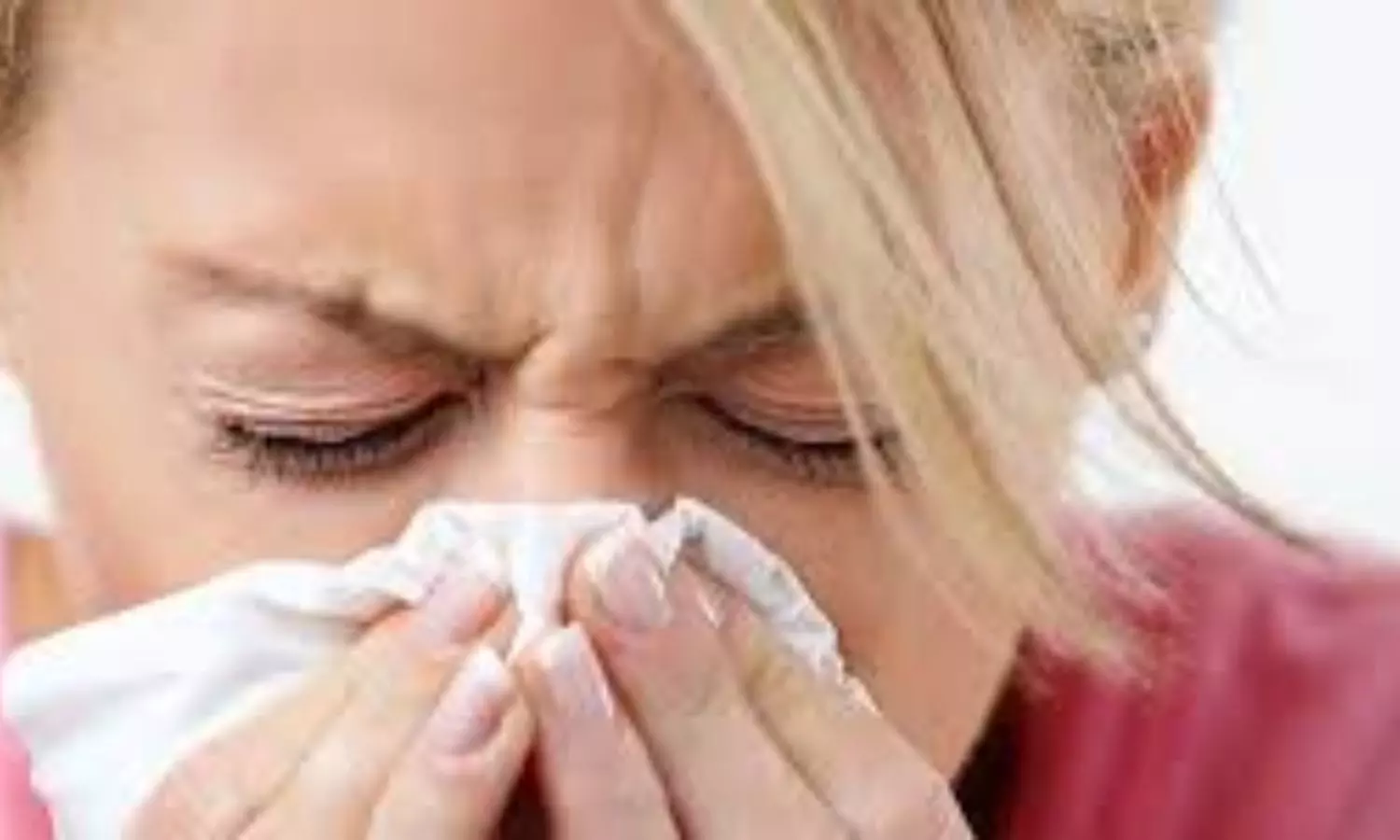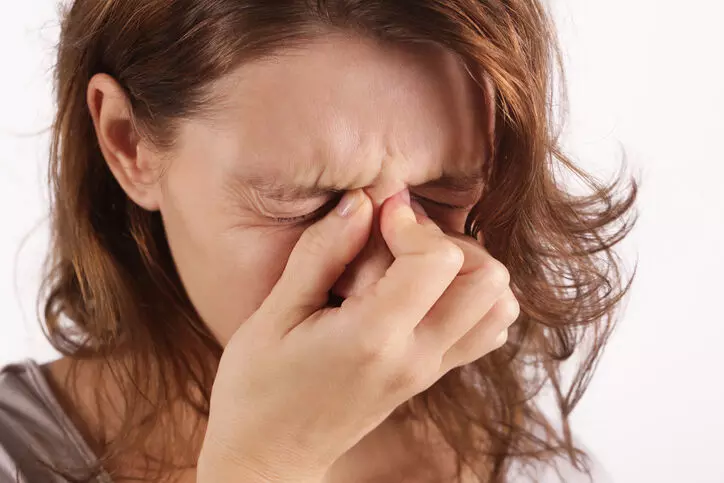- Home
- Medical news & Guidelines
- Anesthesiology
- Cardiology and CTVS
- Critical Care
- Dentistry
- Dermatology
- Diabetes and Endocrinology
- ENT
- Gastroenterology
- Medicine
- Nephrology
- Neurology
- Obstretics-Gynaecology
- Oncology
- Ophthalmology
- Orthopaedics
- Pediatrics-Neonatology
- Psychiatry
- Pulmonology
- Radiology
- Surgery
- Urology
- Laboratory Medicine
- Diet
- Nursing
- Paramedical
- Physiotherapy
- Health news
- AYUSH
- State News
- Andaman and Nicobar Islands
- Andhra Pradesh
- Arunachal Pradesh
- Assam
- Bihar
- Chandigarh
- Chattisgarh
- Dadra and Nagar Haveli
- Daman and Diu
- Delhi
- Goa
- Gujarat
- Haryana
- Himachal Pradesh
- Jammu & Kashmir
- Jharkhand
- Karnataka
- Kerala
- Ladakh
- Lakshadweep
- Madhya Pradesh
- Maharashtra
- Manipur
- Meghalaya
- Mizoram
- Nagaland
- Odisha
- Puducherry
- Punjab
- Rajasthan
- Sikkim
- Tamil Nadu
- Telangana
- Tripura
- Uttar Pradesh
- Uttrakhand
- West Bengal
- Medical Education
- Industry
Hormone Therapy may lower risk of Allergic Rhinitis in Perimenopausal Women

In a recent study conducted between May 2020 and March 2021 at Shijitan Hospital, researchers explored the complex connections between hormone therapy (HT), obesity, and allergic rhinitis (AR) in perimenopausal women. The study found that HT was found to reduce the risk of AR in perimenopausal women and intriguingly an association was also found between HT, BMI, and AR as lean women on HT exhibited a higher risk for AR compared to overweight women on HT.
The study results were published in the journal Allergy, Asthma and Clinical Immunology.
Mounting evidence indicates that both hormone therapy (HT) and obesity play a role in the development of allergic rhinitis (AR). As it is crucial to explore the connections and interplay between HT, body mass index (BMI), and AR specifically in perimenopausal women researchers from China conducted a study to investigate the association and interactions between HT, BMI, and AR in perimenopausal women.
A cross-sectional survey conducted between May 2020 and March 2021 involved patients from the Allergy and Gynecology Departments of Shijitan Hospital. Participants completed a detailed questionnaire, and BMI tertile-stratified analyses were performed. Logistic analyses were employed to assess relationships between HT, BMI, and AR.
Findings:
- Out of 950 participants, 393 were undergoing HT.
- HT was associated with elevated risks for AR, asthma, and their respective symptoms.
- In lean women, HT usage significantly correlated with increased risks for AR, the duration of AR, hay fever, and accompanying symptoms (including canker sores, diarrhea, and stomachache) compared to normal or heavier-weight counterparts.
The study brought to light an interaction effect between HT and BMI concerning AR. Lean women on HT exhibited a higher risk for AR compared to overweight women on HT. The relationship dynamics revealed an intricate interplay, with the course of AR, hay fever, and accompanying symptoms showing statistically significant interactions.
Contrary to previous assumptions, hormone therapy was found to reduce the risk of AR in perimenopausal women. However, the heightened risk in lean women on HT suggests a nuanced relationship that warrants further exploration. The findings not only contribute to a better understanding of the intricate connections between HT, BMI, and AR but also point towards potential shared pathways between hormone therapy and obesity in influencing allergic rhinitis.
BDS, MDS
Dr.Niharika Harsha B (BDS,MDS) completed her BDS from Govt Dental College, Hyderabad and MDS from Dr.NTR University of health sciences(Now Kaloji Rao University). She has 4 years of private dental practice and worked for 2 years as Consultant Oral Radiologist at a Dental Imaging Centre in Hyderabad. She worked as Research Assistant and scientific writer in the development of Oral Anti cancer screening device with her seniors. She has a deep intriguing wish in writing highly engaging, captivating and informative medical content for a wider audience. She can be contacted at editorial@medicaldialogues.in.





